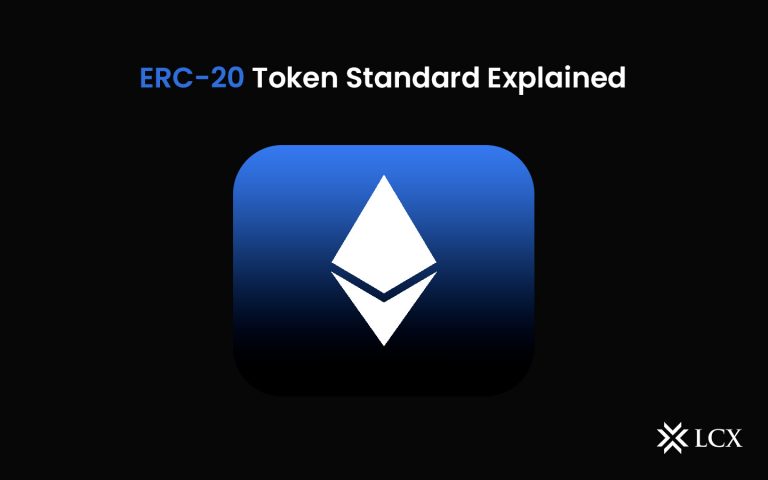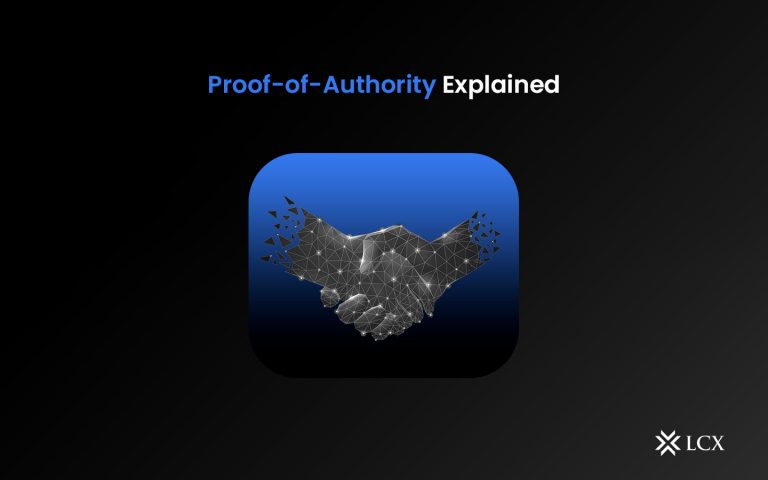NFTs have come to prominence as a revolutionary innovation in the digital realm, transforming the way we purchase, market, and evaluate digital assets. NFTs have drawn considerable interest and investment, prompting conversations about their social effects. In addition, the NFT ecosystem has undergone significant development with the introduction of cutting-edge ideas and techniques that have generated interest among newbies in the social impact of NFTs.
Not only have NFTs emerged as a potent instrument for investment possibilities but also to encourage societal good and foster positive change in particular. Using NFTs, nonprofit associations may harness the strength of digital art and artifacts to draw attention to significant social problems and even raise funds for worthy causes.
NFTs as a Means of Building Communities
An additional social impact of NFTs is that they can be used to create communities by connecting individuals with shared interests. NFT holders may create groups, engage in conversation, and coordinate ventures. This can foster a sense of community and support.
NFTs can facilitate connections between individuals with shared interests. NFTs can be used to symbolize possession of digital art, music, and collectibles, for instance. This can foster an awareness of community among individuals who share similar interests.
NFTs can be used for group formation and communication. Numerous NFT initiatives include servers for Discord or additional online forums for holders to communicate. This can cultivate a sense of support and belonging.
NFTs can be utilized for project collaboration. The majority of NFT projects entail some form of collaboration between holders. For instance, holders of a specific NFT might be able to cast their votes on how the initiative is developed or contribute to the development of new content. This may give rise to a shared sense of ownership and purpose.
Overall, NFTs can be an effective instrument for community building. NFTs can foster a sense of affinity and support by facilitating connections between individuals based on their shared interests.
Positive Social impact of NFTs
Leveraging NFTs for Charity
By enabling NGOs to collect money to advance their causes, NFTs are able to have a significant social impact. Through the creation and sale of NFTs, these organizations are able to communicate with their supporters in novel and engaging ways. NFTs may pertain to unique digital artwork, special-edition goods, or virtual experiences, and they can be sold or auctioned to raise funds. The traceability and openness of blockchain technology guarantee that the money raised goes directly to the targeted humanitarian cause, nurturing accountability and trust.
Supporting Charitable Programmes via NFT Auctions and Sales
In addition to supporting specific charitable organizations, NFTs can be used to finance broader social initiatives. For example, a group of artists or designers can collaborate to produce a collection for the NFT, with a portion of the revenues going towards resolving social problems such as reducing inequality, increasing accessibility to healthcare, or providing disaster relief. This strategy not only yields funds for impactful initiatives but also promotes exposure of the prevailing social issues. NFT sales and auctions can attract the public’s attention, thereby providing a forum for discussion and participation on significant issues.
Using NFTs as a Platform for Underrepresented Artists to Strengthen Marginalized Voices
Historically, marginalized creators and artists have encountered substantial entry barriers in conventional artistic markets. However, NFTs offer these artists a new opportunity to exhibit their work and receive recognition. By creating and selling their works as NFTs, neglected artists can circumvent gatekeepers and connect directly with a global audience. This democratization of the visual arts world can provide marginalized voices with an alternative means of income and challenge the industry’s existing power dynamics.
NFTs for the Protection of the Environment
Sustainability and conservation of the environment are crucial challenges confronting our planet. NFTs can support these causes by increasing public knowledge, financing initiatives to protect the environment, and fostering sustainable practices. A portion of the proceeds from NFTs depicting species in danger, landscapes, or ecological problems can be donated to conservation initiatives by artists and organizations. Non-fungible tokens may also be used to incentivize eco-friendly behavior or grant the utilization of sustainable products and services. With the positive social impact of NFTs, non-profit organizations may motivate positive change and promote greater environmental responsibility.
NFTs that Empower Influencers and Creators
Content creators and influencers frequently face obstacles when attempting to monetize their work and retain creative control. NFTs provide these individuals with a unique opportunity to connect directly with their target demographic, promote their content, and retain their rights to ownership. Creators can issue NFTs that provide access to exclusive digital materials, such as background footage, special-edition merchandise, or personalized experiences. By utilizing NFTs, creators can cultivate deeper relationships with their fans and supporters while simultaneously providing an ongoing earnings stream.
NFTs for Education and Digital Access Support
Education and digital resources are essential to socioeconomic development. NFTs are capable of bridging the digital divide and supporting educational initiatives. For instance, educational institutions may issue NFTs that provide participants with online classes, seminars, or limited educational content. The proceeds from the sale of NFTs can be used to provide scholarships, enhance infrastructure, or invest in technology for disadvantaged communities. Non-Fungible Tokens may help the exchange of knowledge and ideas by permitting the decentralized generation and sharing of educational resources.
Conclusion
By harnessing the distinctive characteristics of these new digital assets, nonprofit organizations can enhance inclusivity, accessibility, and distinct engagement opportunities that are far superior to those of conventional fundraising techniques. Undoubtedly, NFTs have the potential to revolutionize how we address fundraising and philanthropy; therefore, it is crucial for businesses, creators, and even contributors to responsibly and ethically harness the potential social impact of NFTs. The rise of non-profit organizations has created intriguing new opportunities for those seeking to make improvements in the communities they serve and beyond. As the technology in question continues to develop, it is certain to have a greater role in influencing our future perspectives on social impact initiatives.









